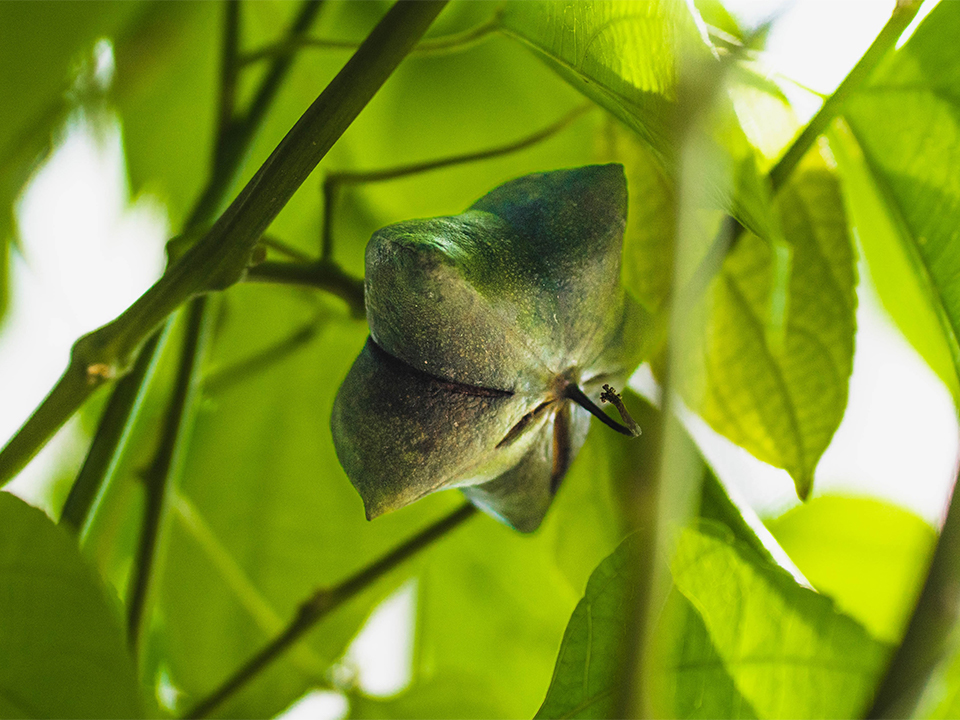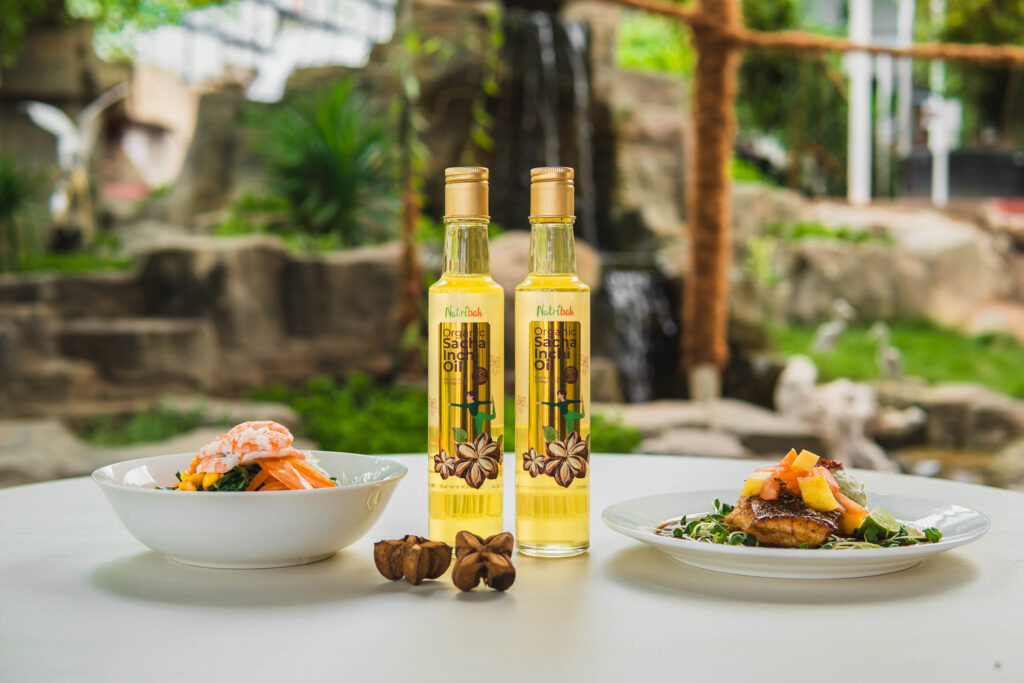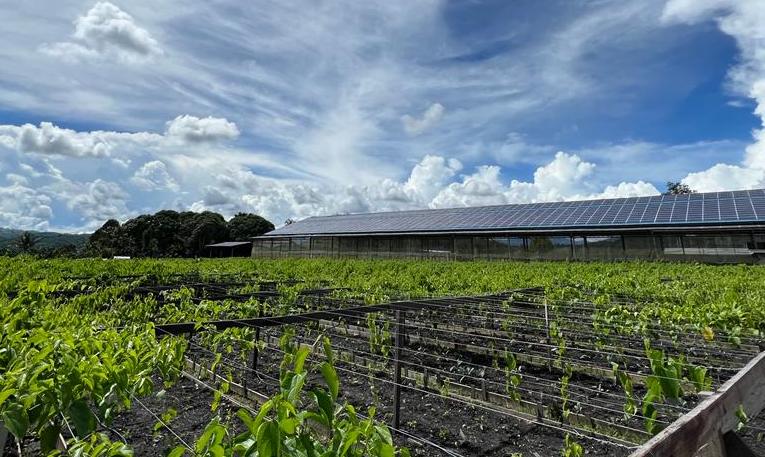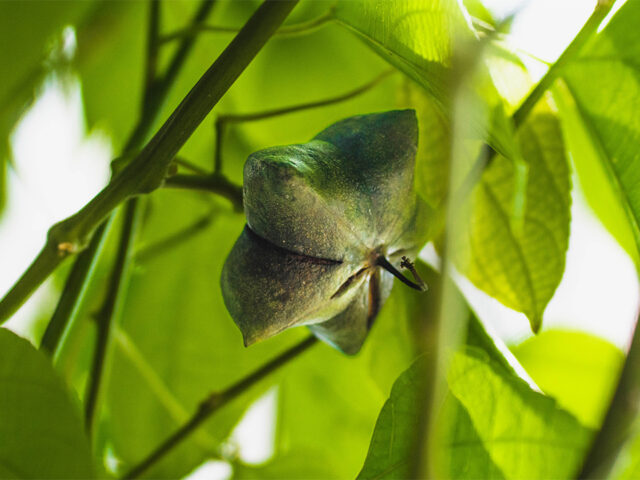
In the time where people have had to remain at home during the pandemic, 42% of Malaysians, in a recent study by Herbalife Nutrition Asia Pacific, have admitted to picking up the bad habit of eating unhealthily, resulting in 1 in 2 of the respondents resolving to eat healthier this year. The rising awareness of eating healthy should not only be celebrated by consumers but also local merchants, namely farmers. With the recent price hike of raw ingredients, the time is ripe for local farmers and business owners to step in and ease Malaysians into consuming healthier and affordable food products such as superfoods and organic locally grown livestock and fishery.
Sacha Inchi Superfood
Sacha Inchi is one of those superfoods that are economically and socially sustainable. This perennial plant, native to the Amazon, receives high demand abroad for its nutritional value, growing alongside the superfood consumption trend. Sacha Inchi has an omega content 20 times higher than conventional fish oil, is a great source of Omega 3, 6, 9, and Alpha Linolenic Acid (ALA). These Omegas and ALA are important as they form a vital part of cell membranes that:
- Reduces inflammation
- Supports the improvement of mental wellbeing and weight management, and
- Promotes healthy brain development for infants

The oil extracted from the edible seeds of Sacha Inchi are used in cooking, food products and skincare products. Sacha Inchi’s uses are varied and can be consumed as a condiment in meals, a functional beverage, cooking oil, and even salad dressing. Consumers can also eat Sacha Inchi as a standalone superfood source. Moreover, external uses included Sacha Inchi being used as hair oil and moisturizing oil for the skin. The Sacha Inchi oil is also edible which can be beneficial for your health.
A Sustainable Fruit That Provides Long-Term Benefits to Farmers
More than health benefits, farming Sacha Inchi locally would bring plenty of promising returns for Malaysia moving forward. With food security in question, Malaysia has mineral-rich soil suitable for the production of a variety of crops which will become a key component of farm diversification strategies. As Sacha Inchi is a year-long fruiting crop, this will provide farmers with a promising opportunity to grow crops all year long, increasing their revenue as well as aiding Malaysia’s food supply chain.
With the proper plantation practices guided by elements of a Smart Organic Farming blueprint, its production leaves a low carbon footprint- a plus for the environment. The sustainable farming of Sacha Inchi will result in soil rejuvenation via closed-loop organic compost and crop rotation, thus improving soil structure through the different roots of the crops and assisting in the give and take of minerals between the crops and the soil.
As Sacha Inchi is a fruiting crop, the process of photosynthesis needed for it to grow will remove an amount of CO2 from the atmosphere and the soil beneath it acts as a big carbon store and active carbon sink. An important part of sustainable farming, well-maintained soil will bring more nutrients for crops and absorb further CO2 for the balance of our climate.
Moving Malaysia Towards a Greener Economy
Meanwhile, moving towards a green economy, Sacha Inchi has the potential to be a sustainable alternative to palm oil. With it being farmed sustainably through agritech practices in line with Industry 4.0, the potential that Sacha Inchi brings to the economy cannot be ignored. With the help of government bodies and policymakers in favour of Sacha Inchi farmers, we could spur multiple upper, middle and lower stream economic spillovers and increase job opportunities.
Modern-day agriculture relies on innovation thus sustainable automation and power source must be implemented in the production line from end to end to avoid endangering workers, community residents and the environment that sustains agribusinesses. To achieve this positive spillover, farm owners must invest in hiring sustainable tech experts and engineers to implement green tech in operations. Whilst government bodies and policymakers can lead by implementing green taxes and giving out subsidies for stakeholders to opt for sustainable goods and green innovations.
The Sacha Inchi oil produced can, in turn, be used in more downstream products such as pharmaceuticals and cosmetics. With Sacha Inchi retailing at approximately RM400-RM700 per litre, it certainly is the right industry for local farmers to be in. In fact, neighbouring countries like Thailand, Cambodia and Indonesia are expanding speedily in the Sacha Inchi plantation.

In the next 5 years, we will likely witness a massive boom in Sacha Inchi consumers and increased research and development efforts into the benefits of this superfood. This has the potential to result in Sacha Inchi being marketed on the same shelf as palm oil and olive oil, surpassing coconut oil as a staple within Malaysian households.
Other superfoods such as kale and organic prawns should also capture Malaysia’s attention. Kale and Sacha Inchi are very good crops that could be coupled together as it compensates and compliments each other. Opting for sustainable crops and practices will give hope for sustainable economic recovery and growth for Malaysia.
*Article attributed to Preston Sean Soh, Executive Director of Nutribah
Nutribah driving the organic wellness industry
Founded in July 2020, Nutribah is a start-up that adopts a farm-to-table model for its organic produce using IoT-based smart farming technology to optimise production capacity while undertaking eco-friendly farming practices to reduce environmental degradation. Moving forward, Nutribah aims to be the first modern farm to digitalise the agriculture industry in Sabah so consumers will have access to fresh produce, farmed organically, sustainably and most importantly, is guaranteed safe for consumption. Nutribah prides itself in undertaking green and digital initiatives to provide Malaysians with smart, organic food, contributing to the development of Sabah’s economy through the organic wellness industry.
To find out more about Nutribah, please visit Nutribah’s official website.










